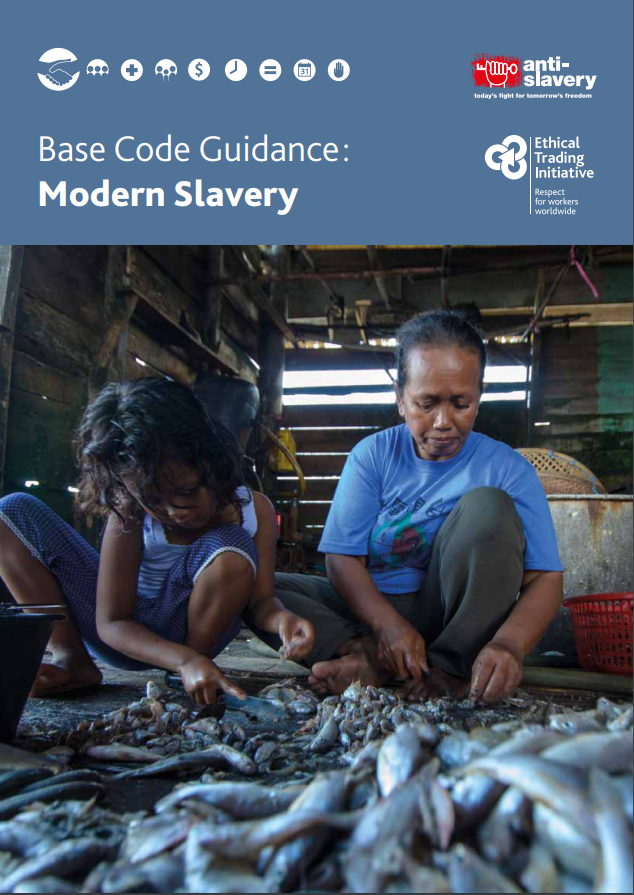Country policy research workshop on Uganda: Workshop briefing
GuidanceOn 9-10 February 2022, Delta 8.7 convened a policy research workshop in partnership with the Refugee Law Project, Makerere University School of Law and the Irish Centre for Human Rights at the School of Law, National University of Ireland - Galway. ...Read More

